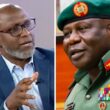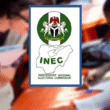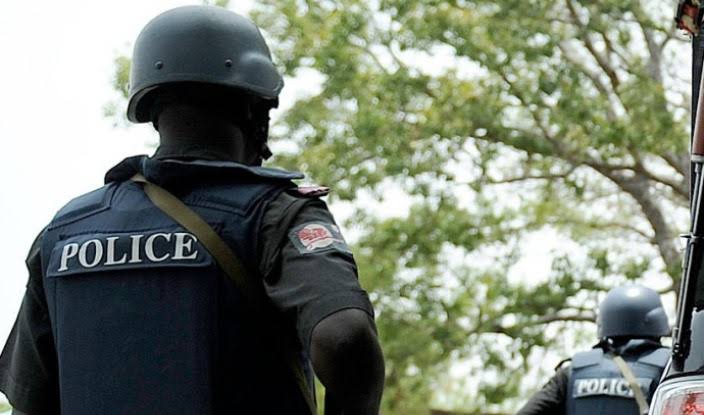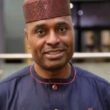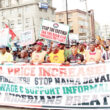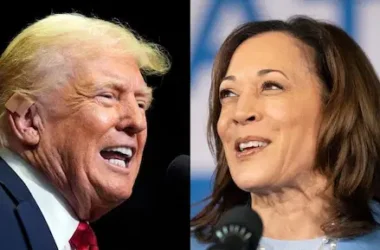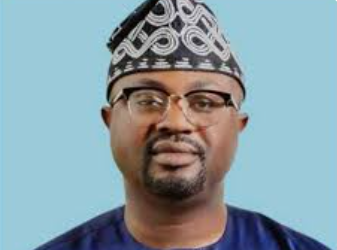As Nigeria braces for a nationwide protest on August 1 against economic hardships, tensions rise between the police and the protest organizers. Both sides are firm in their positions on the legality and logistics of the planned demonstration.
The police, led by Inspector-General Kayode Egbetokun, have requested that the organizers submit detailed plans, including proposed routes and assembly points, to local commissioners of police. They argue that these details are necessary to ensure the safety of all participants and to prevent potential violence.
Police spokesperson Olumuyiwa Adejobi emphasized that “allowing faceless groups to operate unchecked could jeopardize the peace and stability of the country.” He stated that this request is a standard procedure aimed at maintaining order and safety during such events.
However, Deji Adeyanju, a key organizer of the protest, has rejected the police’s demands, arguing that they have no constitutional basis. “When the constitution was conferring the right to protest on the citizens, did it give conditions for protests?” Adeyanju questioned. He accused the police of overstepping their authority and attempting to rewrite the constitution.
Human rights lawyer Ebun Adegboruwa has added another layer to the controversy by accusing telecommunications companies of attempting to thwart the protest by arbitrarily barring subscribers. The telecom operators have denied these allegations, with ALTON Chairman Gbenga Adebayo calling the claims “the funniest allegation anybody can make.”
The Christian Association of Nigeria (CAN) has urged both the government and the protest organizers to exercise caution. CAN President Daniel Okoh stated, “Protest is legal in every democracy; we stand with the people of Nigeria in solidarity.” He advised the government to address the public’s grievances to prevent the situation from escalating.
Prominent political figures have also weighed in. Labour Party presidential candidate Peter Obi has expressed support for the protest, citing hunger and hopelessness as its true sponsors. “In the Nigerian constitution, protest is allowed. All I plead for is that those who are protesting should do so within the law and in a civil manner,” Obi said.
In contrast, Salihu Lukman, a former official of the ruling All Progressives Congress (APC), criticized President Bola Tinubu for trying to criminalize the protest. Lukman stated that it is ironic for a president who swiftly implemented several controversial policies to now ask Nigerians not to hurry in expressing their discontent.
The situation has also caused a split within the Afenifere socio-political group. The faction led by Ayo Adebanjo supports the protest, while the Reuben Fasoranti-led faction warns that the protest has taken a “sinister dimension.”
In Lagos, indigenous youth groups have voiced their concerns, warning against potential violence. Mobolaji Ogunlende, a leader from the Badagry Division, stated that while they support peaceful protests, they will not tolerate any attempt to destroy their state.
“Intelligence gathered reveals that the planned protest is politically motivated and not in the interest of Lagosians,” Ogunlende said.



